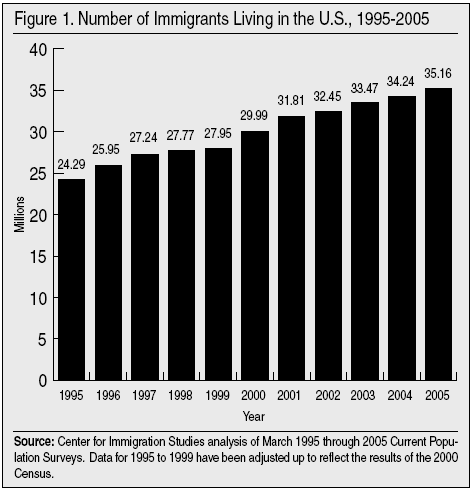To look at it from the bright side, this probably really means officials can demand more bribe now. Increased income. 
BTW, this is quite a gem: "Russian media reports have warned of price rises as a consequence of the new law but the authorities insist that any increases are due to inflation."
Price increases are due to inflation? Astonishing. Next you'll tell me global warming is due to higher temperatures.

Trading ban targets non-Russians
Russia has banned all foreigners from working as retailers in its shops and markets under a new law which came into force on Sunday.
Up to 20,000 non-Russians currently work in Moscow markets alone in a tradition going back to Soviet times.
President Vladimir Putin said earlier that the interests of Russian citizens were at stake.
Migrant groups have condemned the law, passed after ethnic violence last year, as unfair and unworkable.
While foreigners will not be allowed to sell directly they still have the right to work in markets as loaders, cleaners, wholesalers or managers, according to an official from the Russian Federal Migration Service, Vyacheslav Postavnin.
The law was introduced after a number of incidents, but chiefly unrest in the northern town of Kondopoga where two local men were killed in a brawl with ethnic Chechens.
Price rise fears
This law has changed the face of retail in Russia, the BBC's James Rodgers reports from Moscow.
Markets provided jobs for people from poorer countries if they were willing to work long hours, often for low pay,
But that is now illegal. Anyone working in a shop or on a stall has to hold Russian citizenship.
Officials responsible for enforcing the law say they are not planning any major operations to coincide with the new deadline.
They believe market administrators will make sure the law is observed.
Russian media reports have warned of price rises as a consequence of the new law but the authorities insist that any increases are due to inflation.
Migration clampdown
The new law is the latest in a series on immigration.
On 15 January, migrants from CIS member-states coming to Russia under a visa-free regime were banned from selling alcohol and pharmaceuticals.
Ahead of 1 April, the number of foreigners working in Russian markets was reduced to 40% of the workforce.
Mr Postavnin said the new legislation was aimed at combating the shadow economy.
"People have really begun to emerge from the shadow - it's very good," he told Russian news agency Itar-Tass.
Russia has banned all foreigners from working as retailers in its shops and markets under a new law which came into force on Sunday.
Up to 20,000 non-Russians currently work in Moscow markets alone in a tradition going back to Soviet times.
President Vladimir Putin said earlier that the interests of Russian citizens were at stake.
Migrant groups have condemned the law, passed after ethnic violence last year, as unfair and unworkable.
While foreigners will not be allowed to sell directly they still have the right to work in markets as loaders, cleaners, wholesalers or managers, according to an official from the Russian Federal Migration Service, Vyacheslav Postavnin.
The law was introduced after a number of incidents, but chiefly unrest in the northern town of Kondopoga where two local men were killed in a brawl with ethnic Chechens.
Price rise fears
This law has changed the face of retail in Russia, the BBC's James Rodgers reports from Moscow.
Markets provided jobs for people from poorer countries if they were willing to work long hours, often for low pay,
But that is now illegal. Anyone working in a shop or on a stall has to hold Russian citizenship.
Officials responsible for enforcing the law say they are not planning any major operations to coincide with the new deadline.
They believe market administrators will make sure the law is observed.
Russian media reports have warned of price rises as a consequence of the new law but the authorities insist that any increases are due to inflation.
Migration clampdown
The new law is the latest in a series on immigration.
On 15 January, migrants from CIS member-states coming to Russia under a visa-free regime were banned from selling alcohol and pharmaceuticals.
Ahead of 1 April, the number of foreigners working in Russian markets was reduced to 40% of the workforce.
Mr Postavnin said the new legislation was aimed at combating the shadow economy.
"People have really begun to emerge from the shadow - it's very good," he told Russian news agency Itar-Tass.
Price increases are due to inflation? Astonishing. Next you'll tell me global warming is due to higher temperatures.





Comment